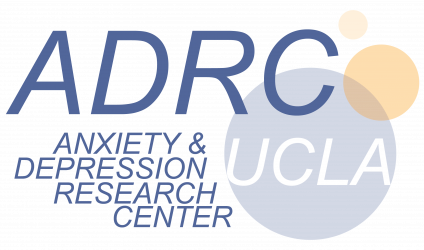
This study has concluded and is no longer open for recruitment.
Researchers in the UCLA Anxiety and Depression Research Center (ADRC) have incorporated the use of technology in managing and treating stress and anxiety problems. The CALM Studyutilized a computer-based CBT treatment for anxiety in primary care. Another completed study, funded by National Space Biomedical Research Institute (NSBRI)through a cooperative agreement with National Aeronautics and Space Administration (NASA), developed and evaluated a self-guided multimedia computer program to train users in stress management and resilience skills.
SMART-OP (Stress Management and Resilience Training for Optimal Performance) is a six-session evidence-based (i.e., cognitive behavioral therapy) program that is brief (30-45 min each) and private (can be used in office or home settings). SMART-OP includes education about stress and interactive training exercises that teach users to monitor stress, regulate emotions, relax, think flexibly, be realistic, and take effective action to deal with stressors. The content of the program can be modified to target different populations who work in challenging and stressful environments (e.g., astronauts, military, flight controllers) and could be disseminated widely via computer, Internet, tablet, or smart phone device.
We evaluated SMART-OP in a randomized controlled trial (RCT) with a sample of stressed but otherwise healthy University of California, Los Angeles Law and Business School students (N=66). SMART-OP was compared to an attention control group that received marketed stress management information (i.e., videos and reading material). Overall, SMART-OP was shown to be an effective and acceptable tool for managing stress and building resilience. A manuscript describing this study is available here. Dr. Rose and his team are currently updating SMART-OP based on data from the RCT and are interested in its application in various populations (e.g., military).
Principal Investigator
-
- Raphael Rose, Ph.D.– UCLA
- 310-825-9048
- rose@psych.ucla.edu
Co-Investigator
This work supported by the National Space Biomedical Research Institute through NASA NCC 9-58.

